FANTASTIC FUNGI
This documentary Fantastic Fungi is like a podcast, a few people telling you what they think about fungi. The story centers on Paul Stamets, Amateur Mycologist and owner of Fungi Perfecti in Olympia, Washington. Paul is the one who supposedly increased people’s interest in mushrooms and mushroom research by having several successful fungal patents.
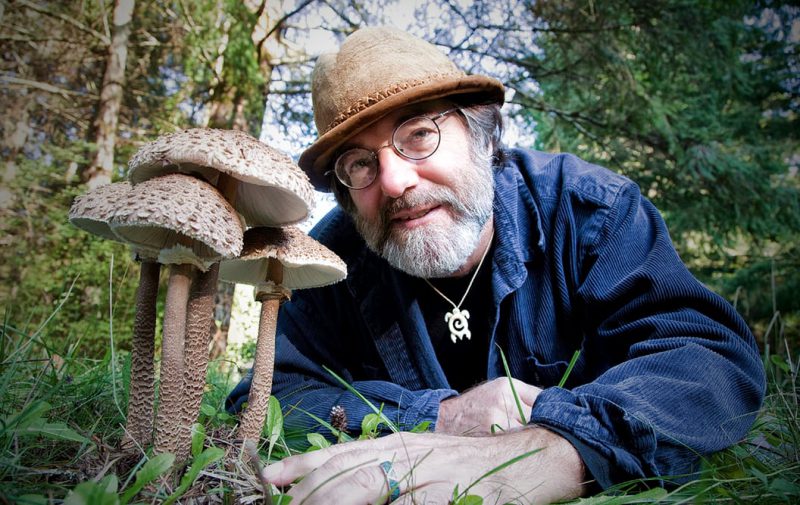
Paul with Fungi
The first half of the documentary Fantastic Fungi is the strongest. Eugenia Bone, Food Journalist, Author, presents fungi morphology and fungi history. Beautiful photography shows a variety of colorful fungi rapidly growing or consuming carbon (eating). When the fungi have something to say, Brie Larson (Captain Marvel) speaks for them; that’s cool. Michael Pollan (Omnivorous Dilemma) is in the mix, along with several other experts. There is no hard evidence presented that supports the mystical explanations of how fungi interact with the environment and trees during the first half, although it would be nice if fungi are intelligent.
I watched Fantastic Fungi because I love fungi, aka mushrooms, mold, fungus, mildew, mycelium, spores, puffball, morel, yeast, etc. I spent years observing, smelling, and testing fungi when the fungi go awry and invade a family’s home. So, it is delightful to watch the first half of this “documentary.” I bought into all the magical theories on intelligent fungi; 5-stars for the first half.
After we learn that fungi are the oldest and largest living organism on the earth, psychedelic mushrooms slowly begin to enter the conversation. It starts with our prehistoric ancestors tripping on mushrooms which helped the brain develop—tripling in size in only 2 million years. During the second half of Fantastic Fungi psilocybin research is presented on treating depression and other disorders.
Then we finally understand the reason for this documentary and why Michael Pollan is in it (he wrote a book about psilocybin research). There is a heavy push for psilocybin research throughout the second half of the film. The study of psilocybin was stopped in 1970 and started again in 1999 (that’s 22-years ago). The second half of Fantastic Fungi lags a bit, constantly pushing for more psilocybin research.
The first half of the documentary Fantastic Fungi is entertaining and beautifully filmed. The second half pushes psilocybin research and the FantasticFungi.com website that advertises the Fantastic Fungi Global Summit scheduled for October (the year is not specified). By the end of the film, I feel like it is a one-hour and 20-minute infomercial for their Fantastic Fungi Global Summit and a political push for more research. I support psilocybin research; I just feel conned. Fantastic Fungi is not about the fungi; it’s about that organization’s desire for research.

Our tripping prehistoric ancestor.
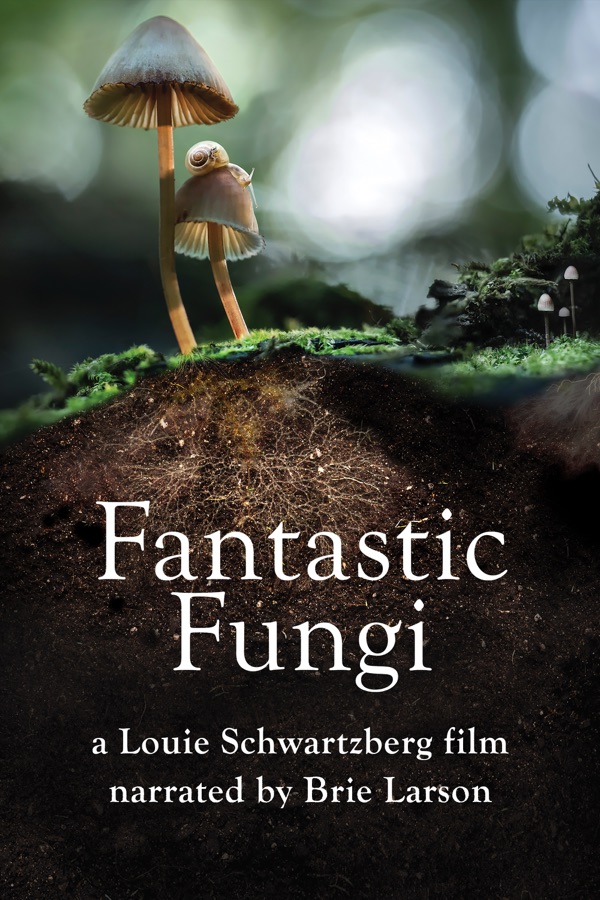
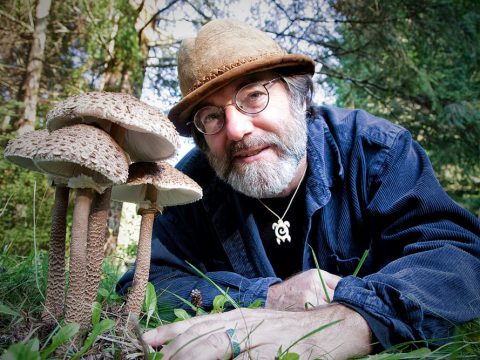
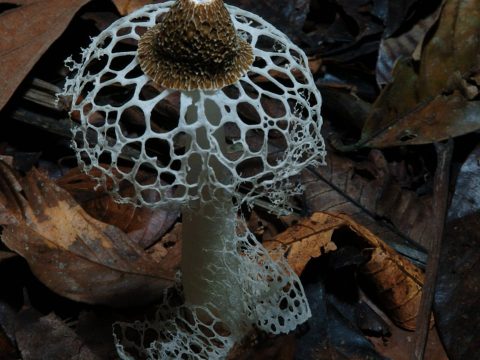
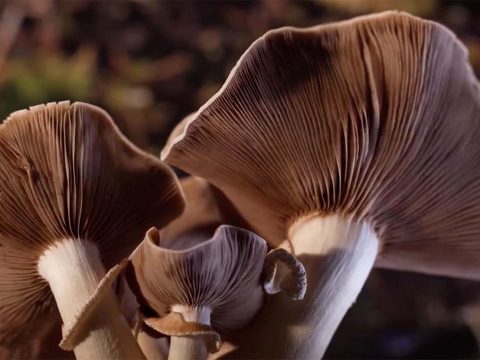
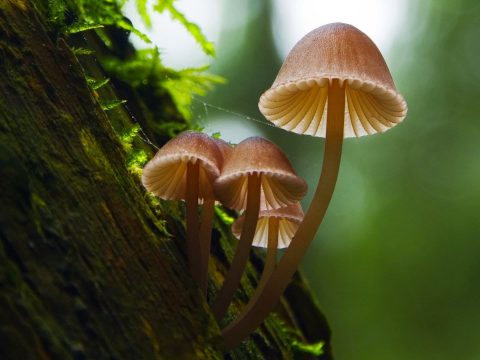
This review is spot on! I share the sympathy for psilocybin research, let alone the fascination with mushrooms and appreciation for the beautiful cinematography in the first half. But I felt conned and marketed at by the movie, especially the second half which felt like an infomercial. Through careful juxtaposition of narrative elements it implied enormous potential health benefits along with other biological and evolutionary claims backed by little evidence. (I’d go so far as to say it implied — for an unwary viewer — potential value with respect to cancer, although it certainly did not say that explicitly.)
The second half also adopted an unpleasant conspiratorial tone. It is sad but true that the government and the drug war shut down valuable research into the potential psychological benefits of psychedelics. It’s reasonable to document that. But it also invoked lazy tropes of conspiracy-so-immense filmmaking.
My negative reaction may be partly amplified by a reduced tolerance for all-in-good-fun pseudoscience in the COVID era. 10/10/2021.